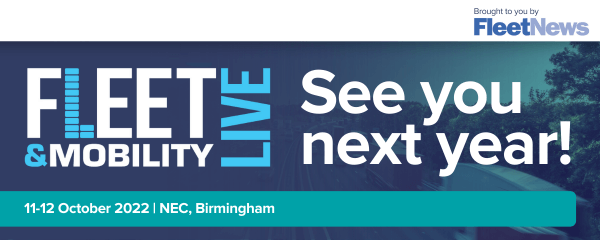The cost of collecting and delivering vehicles could rise by up to 20% to sustain volume deliveries, DMN Logistics warns.
The HGV driver shortage and long lead times caused by the global semiconductor shortage is also likely to severely affect service level agreement (SLA) performance targets, it says, with the impact on the vehicle logistics and the wider automotive sector stretching into Quarter 4 and Q1 2022.
Latest DMN Logistics data suggests that average journey mileage to purchase stock has increased by 12% between Q1 to Q3 as buyers look for new ways to buy stock and maximise driver efficiency.
Nick Chadaway, managing director of DMN Logistics, said: “The logistics market price point will need to shift to support the measures that the industry must implement if it is to sustain the volume requirements of the sector.
“Our view is that a price re-alignment of anywhere between 10-20% is likely to ensure continuity and the quality of service levels.”
Chadaway believes some of the pressure points affecting the sector will continue past the first quarter of 2022 and will not start to ease until the return to normal levels of new car and van availability.
“This should start to rebalance market volumes across all sectors, but not overnight and this may take all of 2022 to achieve,” he warned
The Birmingham-based national vehicle movement and inspection firm says that stock volume shortages are resulting in higher incidences of empty running or reduced volume capacity on multi-deck transporters, additional drops by multi-deck transporters to fill the load capacity and increased use of public transport and runner vehicles by trade plate companies to reposition the workforce.
It also predicts that demand for car and van drivers in the home delivery sector with offers of regular hours, local work as well as the shortage of HGV drivers will continue to hamper the movement of new and used vehicles.
Chadaway said: “2022 will bring a new set of challenges when vehicle supply issues are resolved as the pressure will shift from lack of volume to capacity issues.
“There will continue to be a shortage of available resources and skills to support the increase in volumes, especially in the larger, heavy vehicle space.
“We estimate there is currently a 10-15% resource gap, and this will grow exponentially as volumes start to return.
“As a result of the cumulative impact, some providers will review their market position or pull out of the sector completely.”
Driver shortage crisis under the spotlight at Fleet & Mobility Live
Logistics UK and Driver Require will explore ways in which the UK can address the current HGV driver shortage crisis as part of an in-depth session at this year's Fleet & Mobility Live.
Chris Yarsley, Logistics UK’s policy manager for Wales, Midlands and South West, will give a presentation looking at some of the ways the Government is being engaged on policy to help remove some of the barriers to progress.
Yarsley said: “We’re working with the Government across multiple departments, including the Department for Transport (DfT), Department for Education (DfE) and Department for Work and Pensions (DWP) to look at how policy can address the driver shortage.
“This includes boosting apprenticeships and access to funding there, as well as introducing short term visas to attract European drivers to help address the shortage.
“There are even things to do with infrastructure and facilities for lorry drivers that can make the profession less appealing, so there are many areas where policy can make a difference.”
Kieran Smith, chief executive at specialist HGV driver recruitment business Driver Require, will then reveal the latest results from the company’s Think Tank report.
Driver Require has been tracking the UK’s HGV driver shortage issue for a number of years prior to the Coronavirus outbreak and then more closely to investigate the way forward due to the impact of Covid-19 on the UK haulage sector.
The previous report in May had predicted that the unprecedented events of the last 12 months would lead to a driver shortage crisis in the coming months.
Smith said: “As a supplier to the haulage sector, Driver Require had already experienced a significant increase in demand and a scarcity of quality drivers – and agency driver pay rates are escalating at a frightening pace.
“As a temporary recruiter, we are at the coalface of the crisis but it will be our clients and ultimately businesses and consumers who rely on the movement of goods across the UK who will pay the greatest price.
“We need to raise the profile of this issue, dispel common perceptions and provide industry key influencers and decision makers the opportunity to act to secure the UK’s economic recovery.”
The full agenda for Fleet & Mobility Live is now available to view and registrations are open and free to fleet decision-makers.
























Login to comment
Comments
No comments have been made yet.